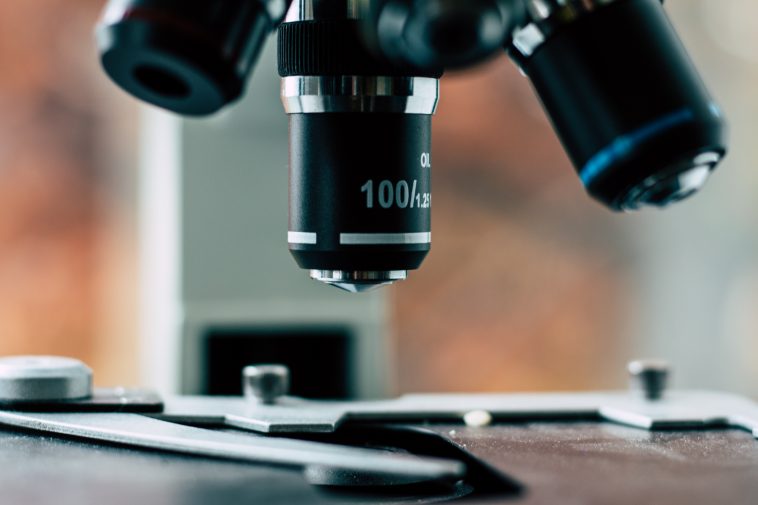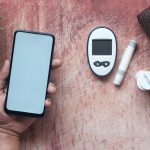Nasdaq-listed Swedish health-tech company Olink said that the regional proteomic facility D-CYPHR in Cape Town, South Africa, has started using Olink technology to study tuberculosis and other diseases.
The building was the first place to offer services for the Olink® Target 96, Target 48, and Olink® Flex systems. These will be used to find specific proteins that act as African biomarkers.
Proteomics is the study of how proteins work in cells and how they connect, what they are made of, how they work, and how they are put together. Olink says it has “an unmatched high-multiplex technique to find actionable biomarkers, with a strong focus on the human plasma proteome.”
D-CYPHR is a brand-new laboratory that was jointly established by the Institute of Infectious Disease and Molecular Medicine and the Centre for Proteomic and Genomic Research (CPGR). (IDM). It belongs to the network initiative for DIPLOMICS. The Department of Science and Innovation in South Africa is responsible for this project. (DSI).
D-CYPHR gives people access to tools and knowledge in proteomics and metabolomics. It helps pay for complicated medical and biological studies that can’t be done anywhere else in this area.
One goal of the DIPLOMICS program is to make it easier for people to get high-quality omics tools and knowledge. The D-CYPHR laboratory, we are excited about the introduction of the Olink technology, which will greatly improve the quality and speed of advanced proteomics research in South Africa,” said Dr. Tim Newman, Program Manager for DIPLOMICS.
A statement from the company says that COVID-19 and tuberculosis studies will be among the first projects to use Olink® Target 96 and Target 48. The Olink panels for targeted protein biomarker discovery make it possible for human protein biomarker research to make faster, better-informed decisions by offering high-multiplex immunoassays that don’t sacrifice the data’s quality or how well they work.
A recent study shows that about 450,000 people in South Africa get tuberculosis yearly, a big public health problem. It is also the top cause of death in South Africa, killing about 89,000 people annually, or about ten people every hour.
Professor Jonathan Blackburn, Deputy Director of the IDM, said, “The ability to measure large panels of secreted and cell surface antigens in clinical samples from tuberculosis patients using high throughput, multiplexed Olink® assays should help us learn more about the immunopathogenesis of this important infectious disease.”



